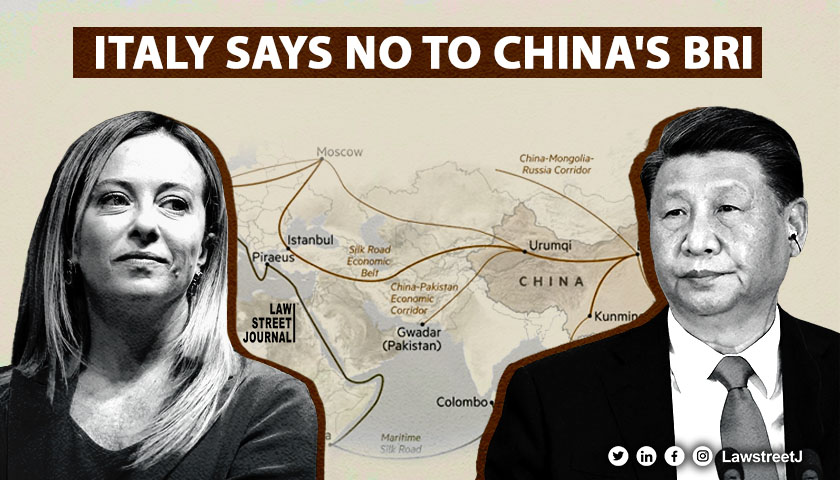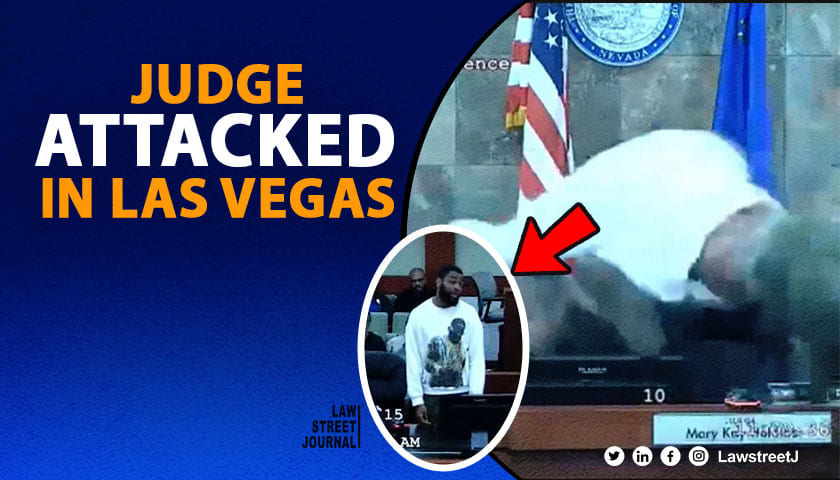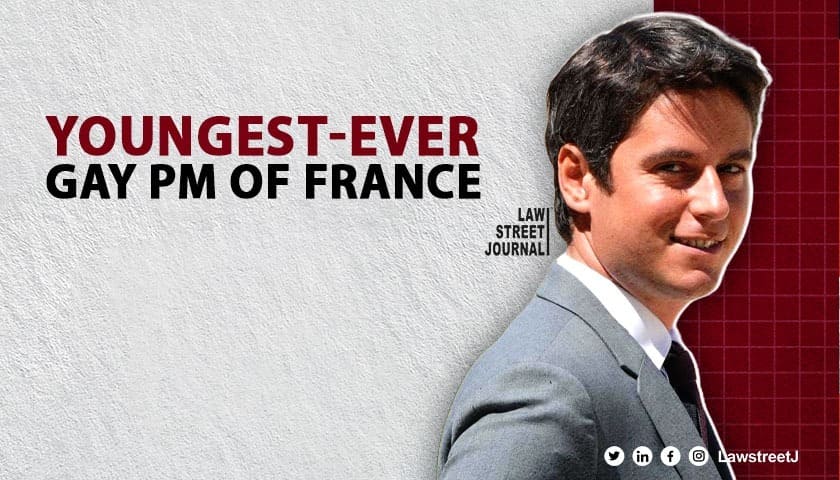LOS ANGELES : The City of Los Angeles has filed a lawsuit against short-term rental giant Airbnb, alleging the platform facilitated and failed to prevent unlawful price hikes during the recent wildfire emergency that displaced tens of thousands across Southern California.
The complaint, lodged in the Los Angeles County Superior Court last week, accuses Airbnb of enabling widespread violations of California Penal Code §396, the state’s emergency price-gouging law. This statute prohibits charging more than 10% above the pre-emergency price for essential goods and services — including housing — during a declared state of emergency.
City attorneys claim that as wildfires raged across the region in late June, rental prices on Airbnb surged by as much as 150% in some of the hardest-hit evacuation zones. “We observed excessive pricing across multiple listings during a declared emergency. This was not an isolated oversight — it was a clear and concerning pattern,” a city official involved in the investigation stated.
The lawsuit seeks civil penalties, consumer restitution, and an injunction to compel Airbnb to implement stricter monitoring and enforcement protocols during future emergencies.
A Crisis Exacerbated by Exploitation
The wildfires, driven by extreme heat, dry conditions, and high winds, have already damaged or destroyed more than 3,200 structures, according to CAL FIRE. With over 75,000 residents displaced, demand for temporary housing surged. Internal data from the Los Angeles Housing Department indicates a 400% spike in emergency accommodation searches during the initial week of evacuations.
While some Airbnb hosts participated in the company’s disaster relief program by offering homes at little or no cost, others reportedly hiked prices to exorbitant levels — with some listings shooting up from $250 to $700 or even $1,000 per night within 48 hours of evacuation orders.
City officials described this as “opportunistic pricing behavior,” raising serious questions about Airbnb’s oversight responsibilities during crises.
Legal Framework and Airbnb’s Defense
Under California’s price-gouging law, violators may face fines of up to $10,000 per offense, and courts may also order restitution and corrective measures. Airbnb, in its response, emphasized that pricing is determined by individual hosts and not the company. It noted that reminders were sent to hosts about adhering to applicable laws following the state’s emergency declaration.
The company also highlighted its Open Homes initiative, through which over 500 evacuees reportedly secured temporary shelter at reduced or no cost.
However, legal experts suggest that Airbnb may still bear liability. “Platforms are not automatically shielded just because the misconduct is carried out by third parties. If they fail to act despite having the means and awareness, courts have held them responsible,” said a California-based attorney familiar with consumer protection litigation.
There is precedent. Courts have previously held platforms like Craigslist and Uber accountable for enabling violations of state laws when they lacked adequate oversight mechanisms.
A Broader Reckoning for Digital Platforms?
This lawsuit could reignite debate over the responsibilities of digital platforms during emergencies. If successful, the case may lead to stronger compliance standards and reforms across the short-term rental industry.
For now, Los Angeles appears poised for a protracted legal battle — one that could set a significant precedent for how tech companies are expected to operate in times of public crisis.

.webp)








